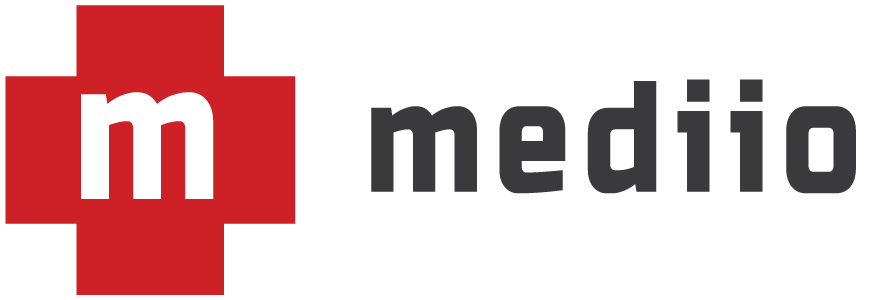Steven Reidbord MD:
[Physicians’ progress notes] assist in performing and archiving medical work, much as a scientist’s laboratory notebook records the design, data, and results of experiments. Progress notes were not designed to be a legal defense against malpractice suits, justification for third-party payment, quality-assurance tools for health institutions, or educational handouts for patients. Yet these notes now serve many masters…
But even in the best-case scenario, progress notes are a poor tool for doctor-patient collaboration. By nature they are shorthand, telegraphing complex medical reasoning in a few words…Written material designed specifically for patients is better suited for reminders about what was discussed and how to take medications as prescribed.
We need to fundamentally re-think clinical documentation.
The current structure serves no one well. Physicians don’t like their EMR generated progress notes because they are junked up with extras for billing purposes and become click-laden nightmares to create. Insurance companies don’t like them because of the amount of unstructured data. Patients don’t like them because they are polluted with medical jargon and difficult to navigate.
In the transition from paper to electronic records, nobody stopped to fundamentally examine the role of doctor’s notes and the myriad of purposes they now serve in modern medicine. EMR designers simply took the SOAP note format and made it electronic instead of trying to re-think how an electronic format could facilitate a new approach to documentation.
All parties are seeking more from our documentation. Without a re-design, all parties will continue to be frustrated.
